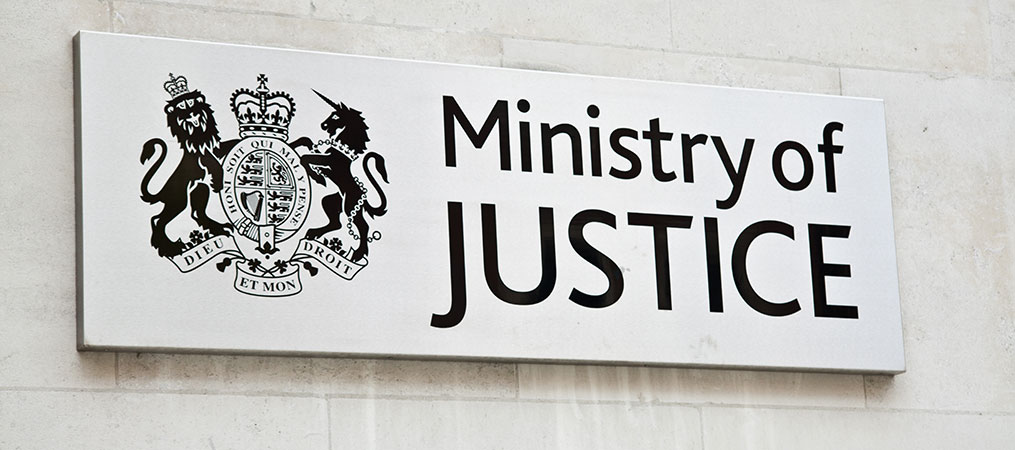
Government accepts CILEX arguments on lasting power of attorney reform

The Ministry of Justice (MoJ) has accepted the arguments made by CILEX about the need to reform the Powers of Attorney Act 1971, under which a copy of a power of attorney can only be signed by either the donor, a solicitor, a notary or a stockbroker.
In its response to the consultation on modernising lasting powers of attorney (LPAs), the MoJ acknowledged the necessary changes were outside the scope of the consultation but stated: “The legal services market has changed substantially since the Act was passed in 1971. There are currently around 20,000 CILEX members in the UK – some performing the same functions as solicitors…
“We are keen to support the broadening of opportunities for CILEX professionals and will take the necessary steps to address this issue as an independent piece of work.”
CILEX chair Professor Chris Bones welcomed the government’s commitment, the recognition of “the equal training and standing of CILEX Lawyers that enables them to create original powers of attorney” and that this “should be reflected by changing the historic legislation that has created the restrictive anomaly in relation to certifying copies”.
In efforts to simplify and modernise the process of making LPAs, the MoJ did not rule out replacing the witnessing of LPAs with electronic signatures, despite negative responses to all three of the possible reforms to witnessing put forward: removing the requirement, allowing remote witnessing or replicating it with a digital method that provided evidence that the donor and attorney executed the LPA.
The consultation explained that donors and attorneys could mark their consent through an “advanced or qualified electronic signature equivalent”.
The consultation response said witnessing provided “a level of limited safeguard” and should be retained, but argued that the protection against abuse, even in the current process, “comes not from the witness but from the certificate provider (even if they are the same person, it is a different role)”.
The government said further work would be required to develop and test the possibilities in this area, “particularly around whether there is a technical solution that could provide robust evidence to satisfy both OPG [Office of the Public Guardian] and the Court of Protection”.
“For these reasons, the government will continue to investigate the possibility of using technology to replace the witness with a similar (digital) function within the digital channel.”
Some responses questioned the need for the attorney’s signature to be witnessed – a process unique to LPAs – and the MoJ said it would consider this.
The government is committed to introducing a digital channel to allow the creation of LPAs – although it will not be a digital-only service – and will look to integrate it with lawyers’ document and case management systems to encourage them to go digital.
But there will be sufficient powers within the legislation to mandate lawyers to use the digital service in the future “should it be required”.